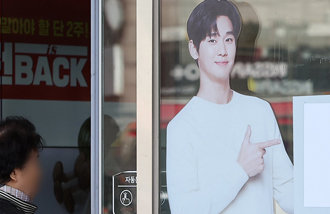‘Food shortages in N. Korea worst since 1990s,’ says 38 North
‘Food shortages in N. Korea worst since 1990s,’ says 38 North
Posted January. 21, 2023 09:47,
Updated January. 21, 2023 09:47
North Korea is suffering from the worst food insecurity since the so-called ‘March of Pain’ in the 1990s when hundreds of thousands or millions of people starved to death, a news report says.
38 North, the U.S.-based outlet specializing in North Korea affairs, reported Thursday that an analysis of grain demand and supply and food prices in the North revealed grains inventory has fallen below the bare minimum. The North is estimated to possess only 80 percent of the bare minimum based on the Food and Agriculture Organization’s standard. The bare minimum is required to sustain the North’s society under the assumption that food is rationed equitably.
Since the outlet started measuring in 2009, the prices of grains in the North constantly remained above the international grain prices, but, unusually, the difference has become this big. According to 38 North’s analysis, the difference in rice prices in the North and the international rice price increased to more than 50 cents per kilogram in the first half of 2021. 38 North said it could be a sign that the food supply network in the North has collapsed.
The food price in the North surged in January 2020 when it shut down its border with China due to the Covid-19 pandemic, and in the fall of 2021 when it issued ‘money certificates (banknote substitute)’ due to lack of paper and ink for printing banknotes. Notably, the corn price gained more than the rice price. This is believed to be caused by the Stalinist country’s growing dependence on corn, a substitute grain, due to a shortage of the staple food rice, 38 North explained.
38 North said the North was dealt a heavier blow due to increased instability in international food supply caused by the pandemic and the Ukraine war coupled with Pyongyang’s economic mismanagement that lasted decades. If global food demand increases as China has dumped its ‘zero-Covid’ policy, the food crisis in North Korea could only get worse before getting better, the outlet said.
newsoo@donga.com
Headline News
- Opposition parties pass amendment to Commercial Act
- Impeachment motions against top officials dismissed
- IU's residence ranked as the nation's most expensive apartment
- K-medicine saves 300 lives in Mongolia through liver transplant skill transfer
- Prisoners in N. Korean camps suffer from torture at minus 30 degrees







